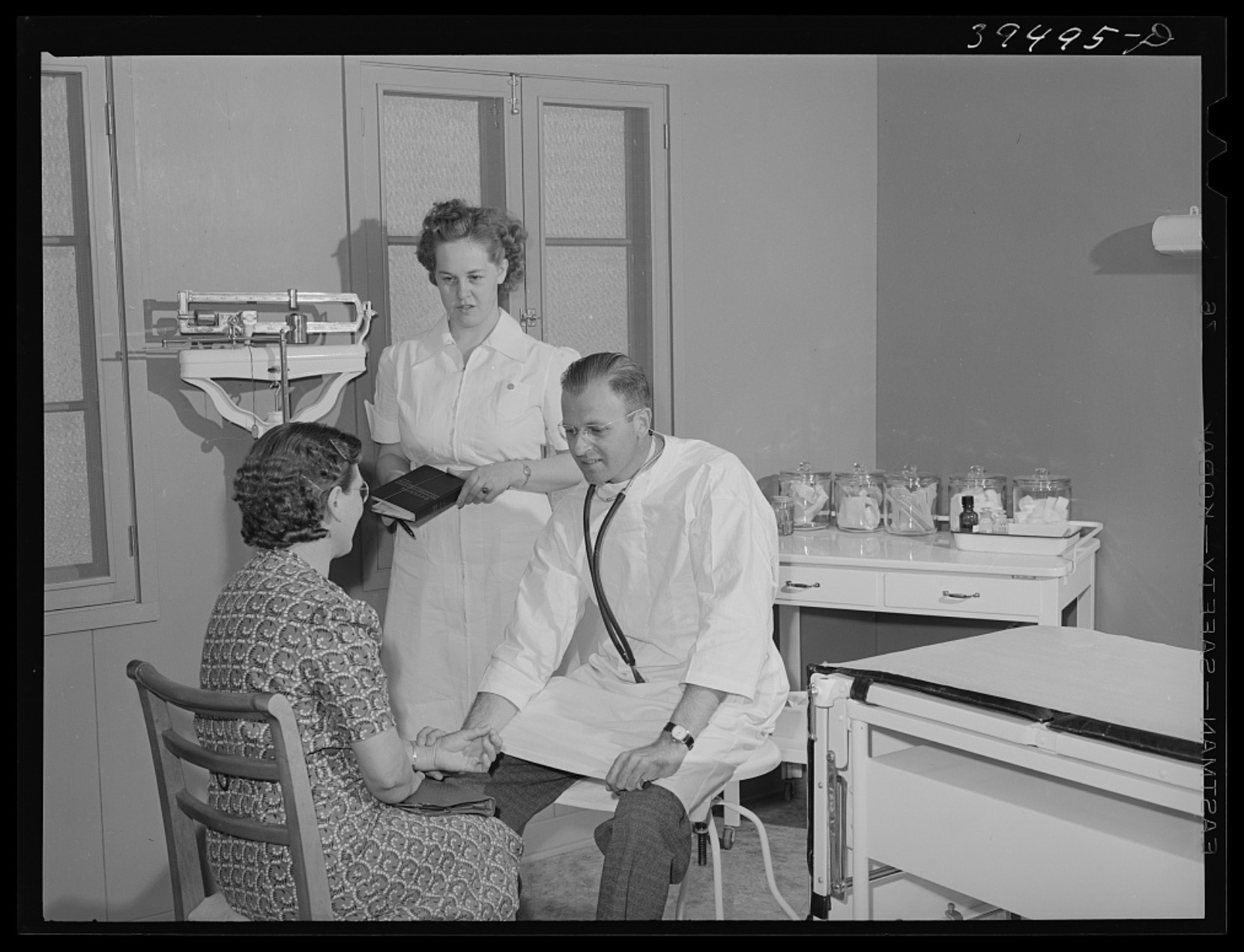 Six months ago, I started writing about women’s health, in response to this simple question: What trends are emerging in health care for 2019? The New Year is filled with predictions about what is coming, and I thought this year’s list from health care leaders was too “last-year.” Artificial intelligence, medical science advancements in biologicals and genetic therapies, and business consolidation are not coming; they are already here and will simply go further.
Six months ago, I started writing about women’s health, in response to this simple question: What trends are emerging in health care for 2019? The New Year is filled with predictions about what is coming, and I thought this year’s list from health care leaders was too “last-year.” Artificial intelligence, medical science advancements in biologicals and genetic therapies, and business consolidation are not coming; they are already here and will simply go further.
Witnessing the debate about health care rights in the country, and the increasing distrust of health care by consumers, I observed that most of those speaking are women. #MeToo started the same way, grabbing hold so that industry after industry had to pay attention. It occurred to me that, along with economic issues that fall more seriously on women, the converging path of consumerism and #MeToo, combined with health care advocacy, presaged a strong movement for women’s health care.
So I predicted that 2019 would be the year that women began a movement for improving their health care. It started a course of discovery that was, frankly, shocking. In a dozen articles I addressed many aspects of the health care problems that women face, where symptoms are dismissed or misunderstood, where treatments are delayed, where therapies are researched and appropriate for men and not women, where women don’t have a voice in directing the focus of health care research and treatment despite their clinical or professional status.
Since then, I see the momentum building, and article after article published on issues of health care for women, women’s cardiac risk, women’s sky-high maternal death rate in this country.
We have compiled all of the articles of the women’s health series into a free Roji Health Intelligence eBook for easy download and reading. Here’s how to get your copy now.
The question in my mind is this: In a system that wants to move health care toward better value, how should women’s health be taken into account? What should providers do to provide better care to women? What should women do to advocate for themselves?
This week, along with the victory of the U.S. women’s soccer team, the equity pay issue was broadcast by major news stations. That wouldn’t have happened prior to #MeToo. Now I hope that industry leaders and providers, along with women, can make equity occur in health care.
Get your free copy of Not Second Best: Inject Value in Women’s Health Care.
Founded as ICLOPS in 2002, Roji Health Intelligence guides health care systems, providers and patients on the path to better health through Solutions that help providers improve their value and succeed in Risk. Roji Health Intelligence is a CMS Qualified Clinical Data Registry.






